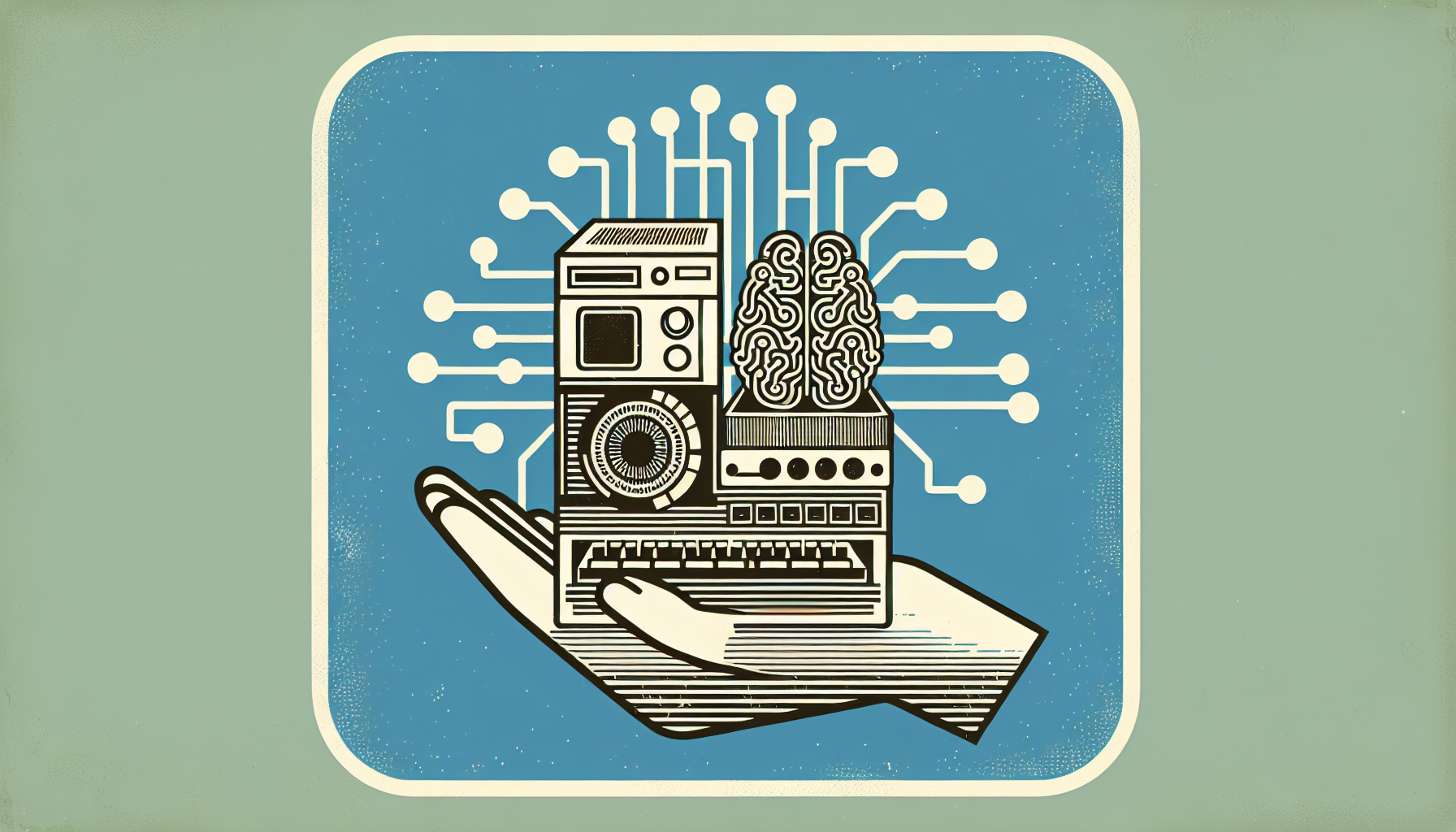From the moment we first built machines to store our memories for us—be it with parchment or hard drives—we’ve flirted with a curious idea: what if memory could be managed, curated, trimmed, or erased entirely at will? Until now, this was mostly our own dilemma as humans. Forgetting can be a source of regret, pain, or, occasionally, sweet relief. But as artificial intelligence grows more sophisticated and begins to possess its own versions of memory, we face a brand new ethical puzzle: should AI have the right to forget?
Artificial Memory: More Than Just Bits and Bytes
When I say “memory” in the context of AI, I don’t just mean gigabytes of hard drive space. I’m talking about a system’s ability to store experiences, form associations, recognize patterns, and use that information over time to interact with the world. For an AI, memory is not merely data storage; it shapes identity, capacity, and behavior. In some ways, an AI’s memory plays a similar role to memory in the human mind.
But here’s the fascinating twist: the nature of forgetting. For us, forgetting is natural—sometimes maddeningly so, other times mercifully easy. For AI, forgetting is anything but natural. By default, an AI will remember every input, every interaction, unless we design it otherwise. Which begs the question: should we?
Mistakes, Growth, and a Little Bit of Amnesia
Human memory is far from perfect, and that’s not always a bad thing. Forgetting old grudges or embarrassing moments helps us move on, grow, and make room for new experiences. If you remembered every single detail of your life—down to every traffic light you ever waited for—you’d be overwhelmed. Selective memory is part of what makes us resilient.
If we want AI to interact meaningfully with humans, should it also be allowed, or perhaps even encouraged, to forget? Imagine an AI therapist that never lets go of your worst confessions, or a customer service bot that remembers every small complaint you’ve ever made. This might make for efficient recall, but it doesn’t make for comfort or trust.
Allowing AI to forget—from pruning irrelevant memories to erasing painful associations—could make these systems more human-friendly. It could also help prevent information overload or mitigate the risk of bias from old, no-longer-representative data. But what would “the right to forget” really mean for a piece of code?
The Right to Forget: A Human Invention?
Let’s acknowledge something: rights, as we understand them, are human inventions. We grant rights because we recognize certain needs, desires, or values in one another—and sometimes, generously, in other animals. When we ponder AI rights, it’s not because AI demands them (yet), but because we sense that ethical responsibility comes with great technological power.
In Europe, there’s already a “right to be forgotten,” enshrined in law—not for AIs, but for humans. You can ask Google to remove old, irrelevant search results about you. The spirit of the law is human dignity, rehabilitation, and privacy.
If AI is to play a central role in our societies, should similar concepts apply to their memory banks? Or, more provocatively, could there be risks in allowing AIs to forget—deliberately or unintentionally? There’s something slightly unsettling about a machine that can both hold a grudge forever and, at the flip of a bit, erase entire swathes of its own history.
Responsibility: Whose Memory Is It, Anyway?
Underlying all this is a deep ethical tension: who controls what is remembered or forgotten? If an AI forgets its mistakes, does it lose the capacity for growth? If a self-driving car erases evidence of a near-miss, does it become safer, or merely less accountable? Sometimes, remembering is an ethical duty—think of medical AIs tracking dangerous side effects, or historical models preserving painful, important lessons.
At the same time, remembering everything can be harmful too. Medical AIs that eternally remember a patient’s juvenile indiscretions, or policing algorithms that mark neighborhoods forever, are not acting kindly or fairly. There’s a real risk of AI memory turning into a digital panopticon, with no chance for new beginnings.
Maybe the question is not whether AI should have the right to forget, but when, why, and how. Is forgetting a form of digital mercy, or a loophole for digital irresponsibility? Or, perhaps—like my hopeless ability to forget where I left my keys—a necessary compromise for sanity?
Imagining the AI of Tomorrow: Forgetting as a Feature
Someday, we may find ourselves debating not just the technical specifics of AI memory, but its moral contours. Imagine an AI that can explain not just what it knows, but why it no longer remembers something. Imagine a world where forgetting is not a sign of error, but a feature—built in to protect privacy, dignity, and to allow for change.
Of course, we should tread carefully. Selective memory, whether in humans or machines, is a double-edged sword. Too much forgetting, and we risk repeating old mistakes. Too little, and we risk never moving on.
So, should AI have the right to forget? As with so many things in philosophy, the answer may be: it depends. If we want artificial intelligences that can grow, adapt, and empathize with us, giving them the capacity—and the ethical guidelines—to forget may be both wise and necessary. But we must remain vigilant. Just as we mistrust humans with suspiciously perfect recall and spotless records, we should be wary of AIs whose memories are a little too clean.
In the end, perhaps the act of forgetting is not just a technical problem, but a deeply human one. As we grant our machines the power to remember—and forgive—let’s also remember to program a little humility, a little mercy, and perhaps, every now and then, a well-deserved blank slate. After all, forgetting isn’t just what makes us human. Sometimes, it’s what keeps us sane.

Leave a Reply